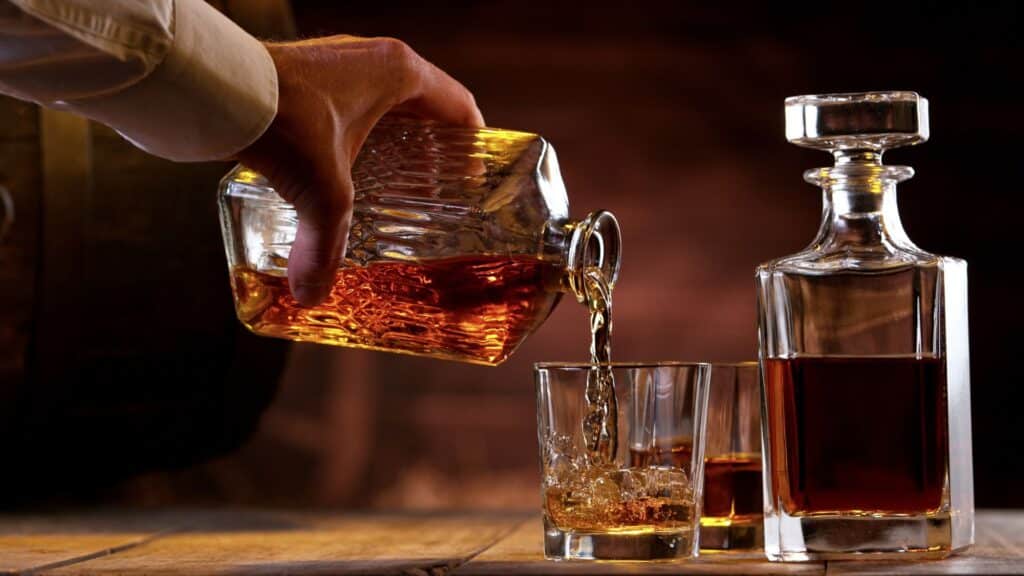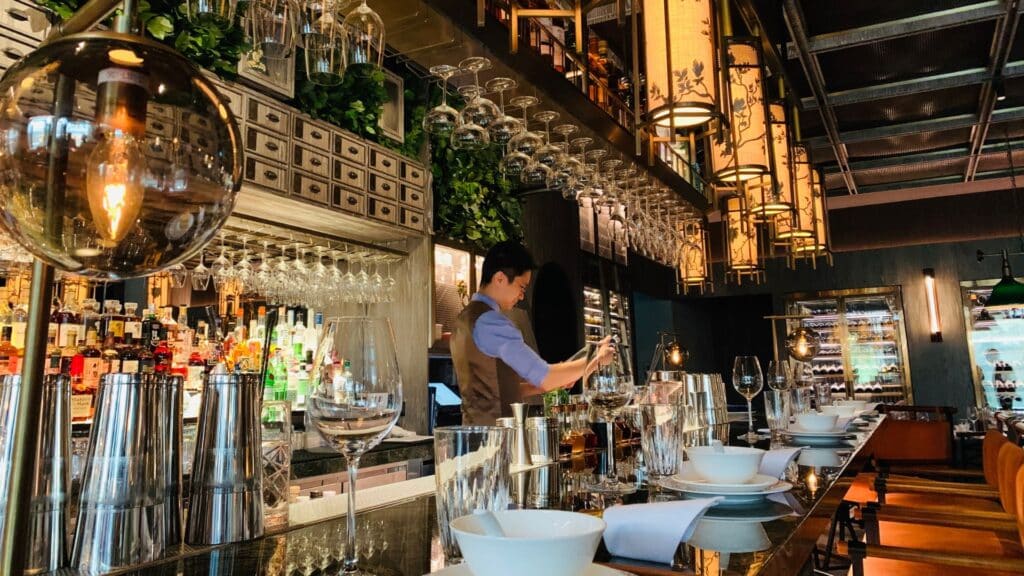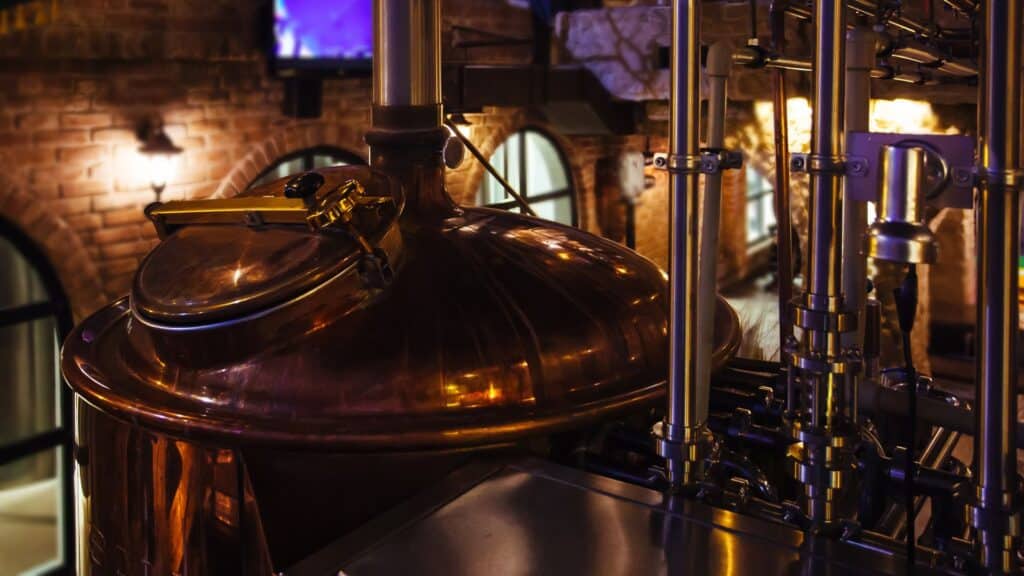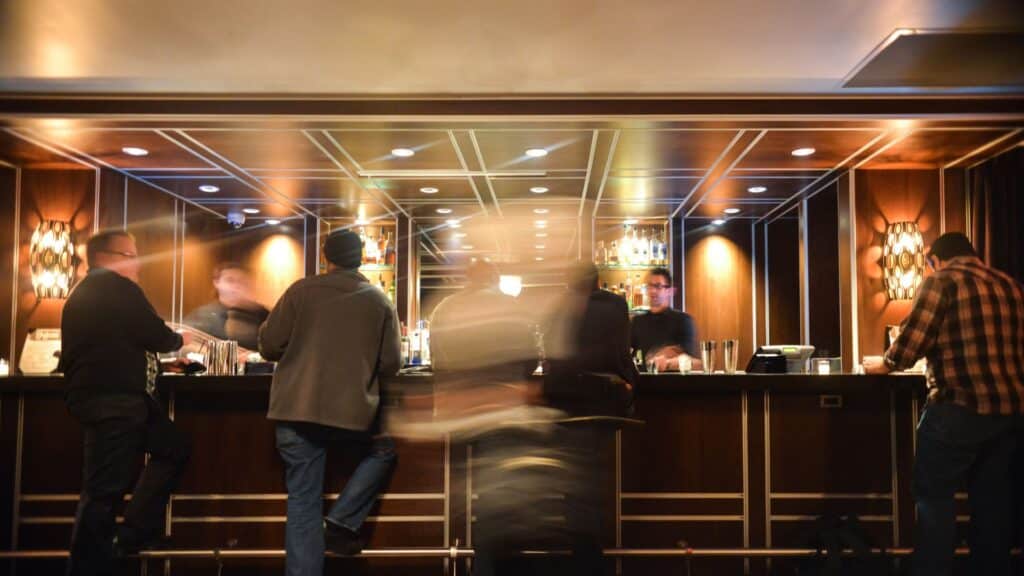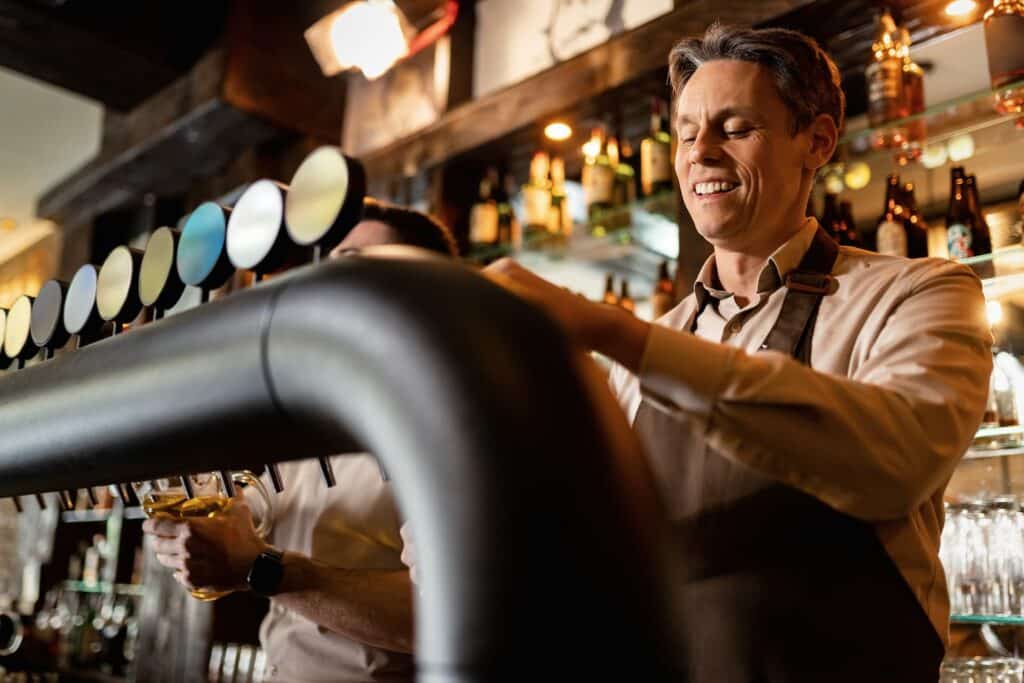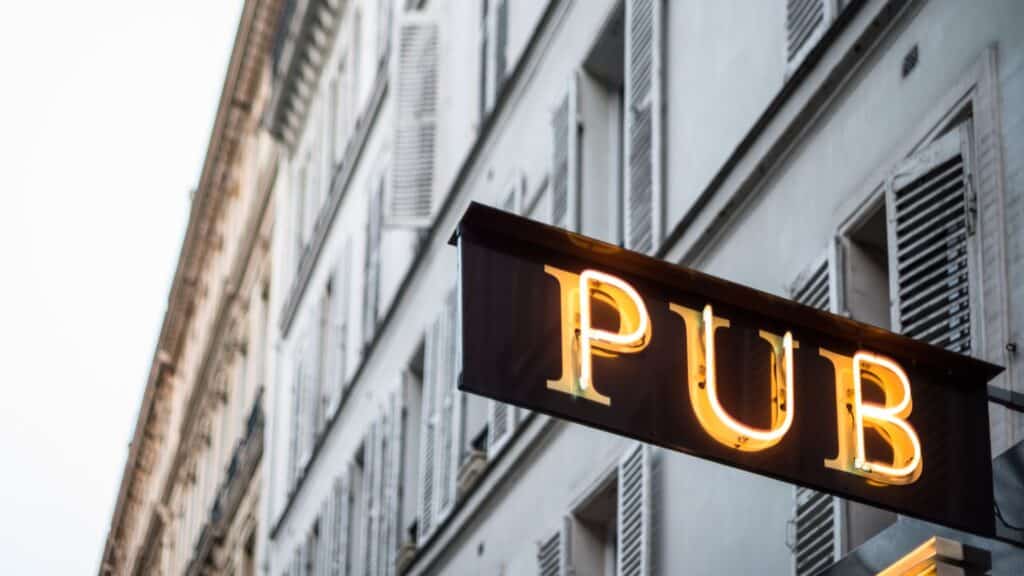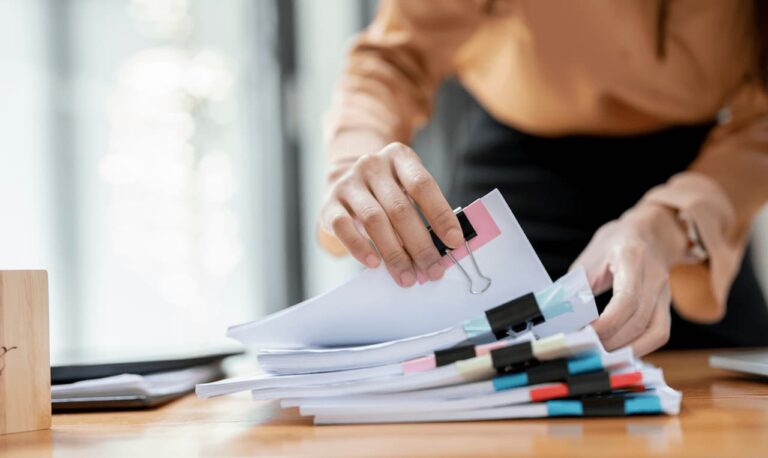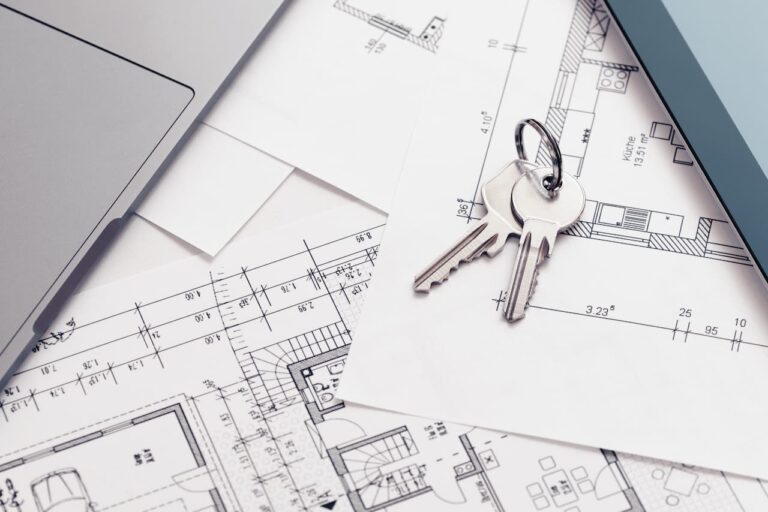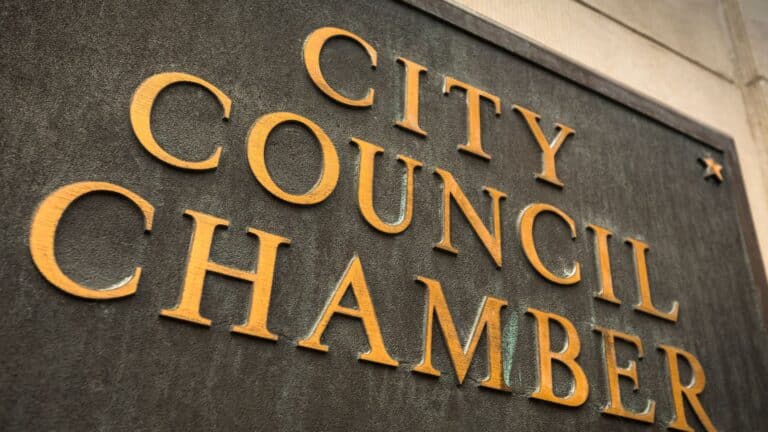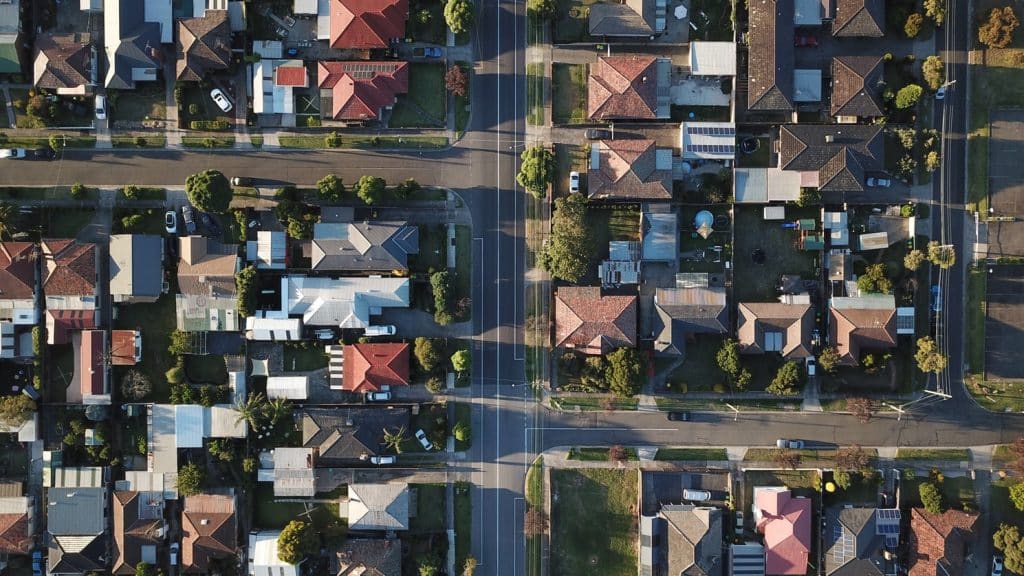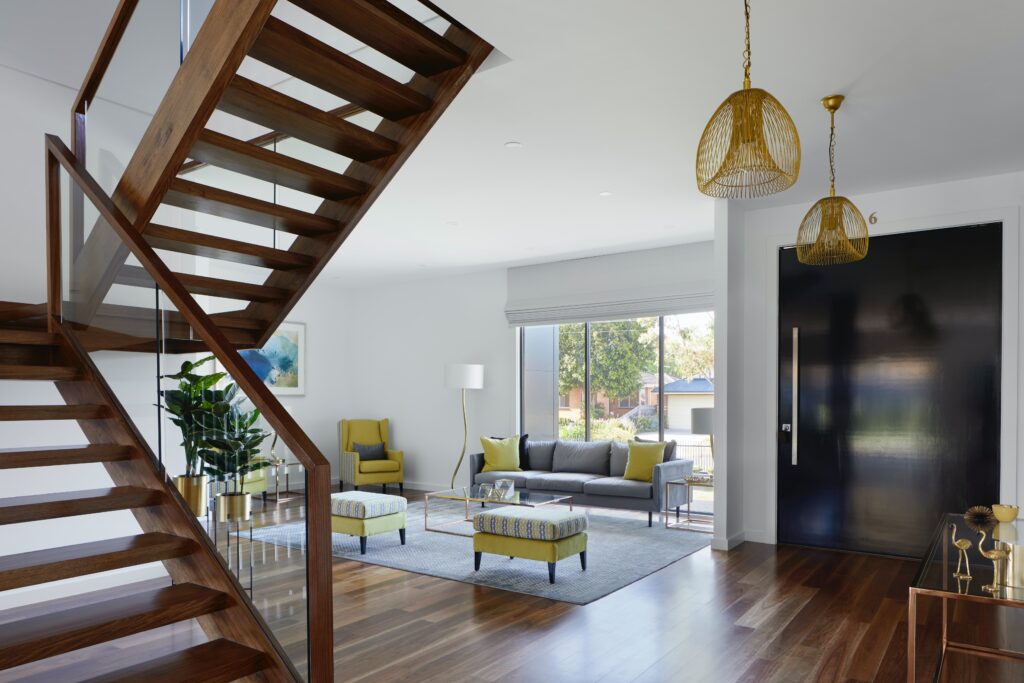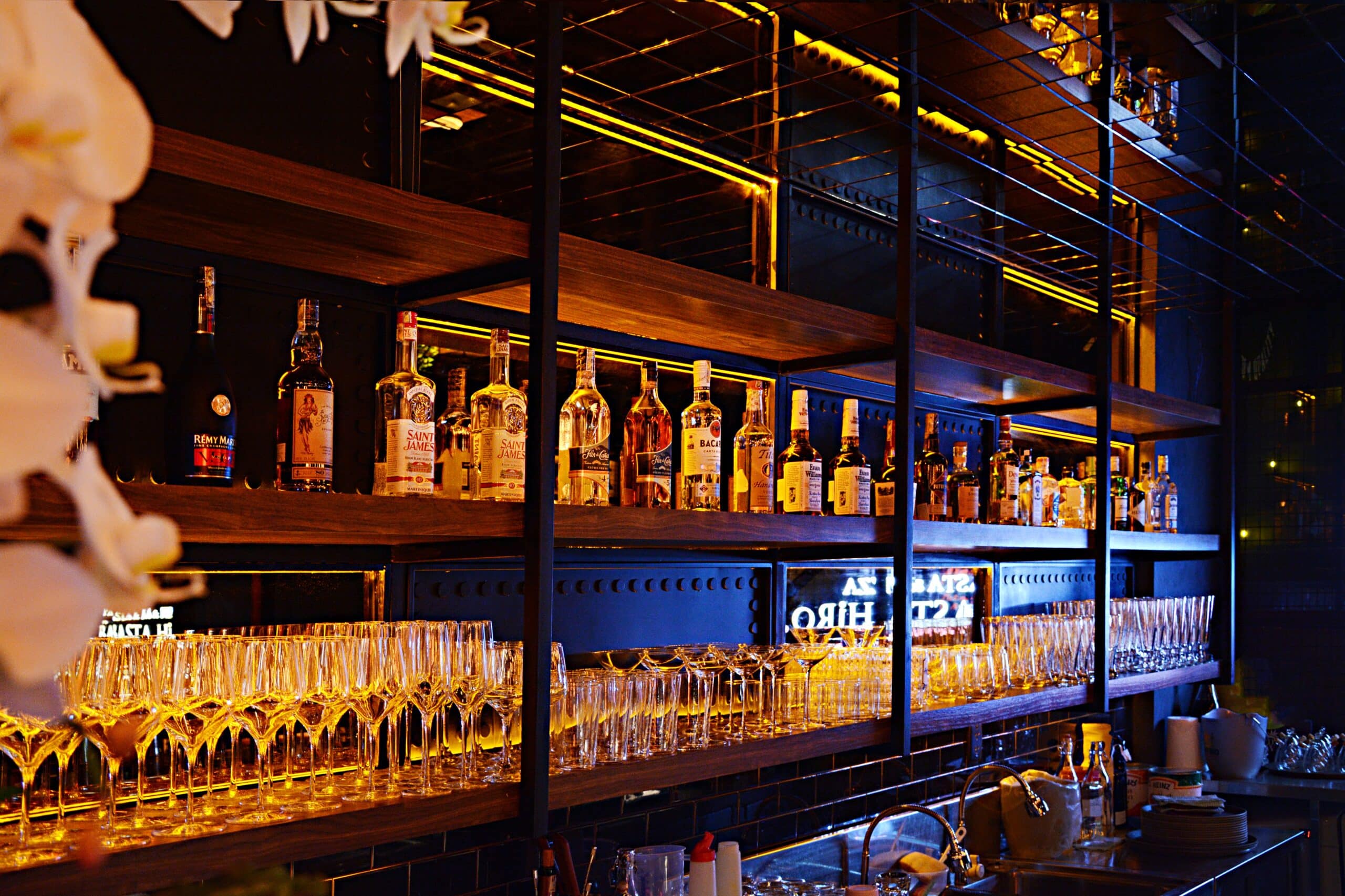
Liquor Licensing
If you own and operate a business in NSW and you wish to sell alcohol, you will likely require a liquor licence. Whether you are buying or selling a licenced business, applying for a liquor licence, or have received a fine, the lawyers at PDC Law can assist.
- Liquor Licence Applications
- Small Bar Licence
- Microbreweries and Small Distilleries Licence
- On-Premises Licence
- Hotel Licence
- General Bar Licence
- Community Impact Statements
- Buying, Selling and Leasing Licensed Premises
PDC Law can assist with navigating the various liquor licence types, ensuring you apply for the most suitable one for your circumstances.
Applying for a Liquor Licence
The liquor licence you need depends on your specific circumstances. PDC Law can assist you with advice as to the licence you require and then the process of applying for a liquor licence.
Having regard to liquor licensing provisions at the start of your project can save you significant time and money.
Our team can work alongside you from the very beginning of your journey and is equipped to assist you with site selection, early consultation with local Councils, NSW Police and other stakeholders, Development Application preparation and lease or property purchase negotiations in addition to the liquor licensing application.
We are also skilled at preparing Community Impact Statements that, where required, accompany your liquor licence application.
This integrated approach is unique to PDC Law.
How long does it take to get a liquor licence in NSW?
The timeframe varies depending on the licence type and complexity of the application.
What documents are required for a liquor licence application?
Common requirements include business details, site plans, and a Community Impact Statement (if applicable).
Can I transfer an existing liquor licence?
Yes, liquor licences can be transferred under certain conditions.
Do I need a liquor licence for a one-off event?
A Limited Licence – Single Function may be required for temporary events.
For venues with an intimate atmosphere, obtaining a small bar licence in NSW can be relatively straightforward. If your premises holds a maximum of 120 patrons, excludes gaming machines, and does not allow takeaway alcohol, you might already be eligible for this specific licence.
Obtaining a Small Bar Licence
Eligibility & Requirements:
If your venue meets the following criteria, you may qualify for a small bar licence:
- Patron Limit: The premises accommodates no more than 120 customers.
- No Gaming Machines: The licence does not support gaming activities.
- No Takeaway Alcohol: Alcohol must be consumed on the premises.
Application Insights:
While the application itself may be straightforward, delays often occur if the required documentation is incomplete or submitted incorrectly. Every detail matters—from floor plans to business details—so accuracy is essential to avoid time-consuming follow-ups.
By choosing PDC Law, you gain a partner dedicated to managing every detail. We liaise with local Councils, NSW Police, and other relevant authorities to keep your application on track, making the process as seamless as possible.
What is the capacity limit for a small bar licence?
Venues with a maximum of 120 patrons qualify under this licence category.
Are gaming machines allowed under this licence?
No, operating gaming machines is not permitted with a small bar licence.
Can I sell takeaway alcohol with this licence?
No, the small bar licence strictly covers on-premises consumption only.
How does incomplete documentation affect my application?
Missing or incorrect information can delay your application, so ensuring that all submissions are accurate is critical.
What support does PDC Law offer in this process?
Our team provides comprehensive assistance—from determining eligibility and organising required documents to liaising with regulatory bodies, ensuring a smooth licensing process.
The NSW Government has recently introduced a special drink on-premises authorisation designed specifically for small-scale producers of beer, cider, and spirits. This licence is an ideal option for microbreweries and small distilleries that want to serve their own products directly to customers.
Liquor Licensing for Microbreweries and Small Distilleries
Expanding Opportunities:
With the rising popularity of microbreweries, recent changes in NSW planning legislation have widened the scope for establishing these venues. In certain Local Government Areas, it is now possible to obtain development consent for Artisan Food and Drink Premises—including microbreweries and similar ventures—in industrial and rural areas as well as traditional commercial zones.
On-Premises Authorisation:
This special licence empowers you to sell the beverages you produce directly on your premises. It authorises full serves—not merely tastings—to up to 120 patrons, on the condition that food is available during service. This approach caters to enhancing the customer experience by combining quality craft beverages with a curated food offering.
Setting Up Your Microbrewery or Small Distillery
If your passion lies in brewing and your business model is centered around small-scale production, partnering with PDC Law can smooth the pathway to success. We provide expert guidance to ensure your licence application is accurate and complete—minimising delays caused by administrative oversights. Our service extends to offering strategic advice on complying with NSW Government requirements and liaising with relevant local authorities.
What products can be covered under this licence?
The licence is designed for small-scale producers of beer, cider, and spirits, allowing you to serve full drinks on premises rather than offering just tastings.
Is there a patron limit under this authorisation?
Yes, the authorisation permits service to up to 120 people concurrently, provided that adequate food is available as required by the licence conditions.
Can microbreweries operate outside traditional commercial zones?
Recent changes to planning legislation allow Artisan Food and Drink Premises, including microbreweries and small distilleries, to be established in industrial and rural zones as well as commercially zoned areas.
What support does PDC Law offer during the licensing process?
PDC Law offers end-to-end assistance—from determining eligibility, assembling accurate documentation, and liaising with local authorities, to ensuring your application meets all necessary regulatory requirements.
How does this licence benefit small-scale producers?
By allowing on-premises sales of full serves, this licence not only opens a direct revenue stream but also enhances customer engagement and brand storytelling for your artisanal products.
An on-premises licence authorises the sale of alcohol for consumption on the licensed premises when another product or service is provided concurrently. This includes establishments where food, entertainment, or accommodation forms the primary offering, and alcohol is provided as an ancillary service.
On-Premises Licensing and Primary Service Authorisation
All restaurants and similar venues holding an on-premises licence must meet specific requirements that ensure a varied and quality food offering, proper venue setup, and a comprehensive food menu. These measures guarantee that customers receive a complete dining or entertainment experience where alcohol is not the sole focus.
If your business model is such that serving alcohol without accompanying food is essential, you can extend your on-premises licence by obtaining a Primary Service Authorisation. This additional endorsement permits the service of alcohol independently of a food service, giving you greater flexibility to tailor your offerings. In some cases, the application for an on-premises licence or a Primary Service Authorisation may require the submission of a Community Impact Statement—a detailed document assessing the potential effects of your establishment on the local community. At PDC Law, we take care of the heavy lifting by preparing these statements on your behalf, saving you precious time and energy while streamlining the overall process.
What types of businesses require an on-premises licence?
Establishments such as restaurants, cafés, hotels, and entertainment venues that provide a primary service (like food, accommodation, or entertainment) alongside alcohol are typically suited to an on-premises licence.
What is a Primary Service Authorisation?
This is an extension to an on-premises licence that allows you to serve alcohol even when food is not available. It provides greater operational flexibility for venues that wish to focus more on alcohol service.
Do I need to submit a Community Impact Statement?
In certain cases—especially when the proposed service model or location might affect local communities—a Community Impact Statement is required. Our team at PDC Law can prepare this document for you, ensuring all regulatory considerations are met.
Can an on-premises licence be used if alcohol is the primary product?
No, if the primary purpose of the business is the sale or supply of alcohol, a different type of licence would typically be applicable.
What support can PDC Law offer during the licensing process?
We provide end-to-end assistance from assessing which licence best fits your business model, gathering and verifying all documentation, to liaising with the relevant councils and regulatory bodies on your behalf.
A hotel licence permits the sale of alcohol to the public for on-premises consumption (such as within a pub) and takeaway alcohol sales. This licence also allows venues to provide entertainment and, in some cases, operate gaming machines, subject to separate approvals.
Assisting with All Aspects of Hotel Licensing
At PDC Law, we assist with every aspect of hotel licensing, ensuring compliance with NSW regulations and streamlining the application process. Our services include:
- Licence Application Support – Helping you gather and submit required documentation.
- Regulatory Compliance Guidance – Ensuring your venue meets all legal requirements.
- Community Impact Statement Preparation – Managing submissions when required.
- Extended Trading Authorisation Assistance – Supporting applications for late-night trading.
Can a hotel licence include gaming machines?
Yes, but gaming operations require separate approvals and compliance with additional regulations.
Is there a patron limit for venues with a hotel licence?
The Liquor Act 2007 does not impose a patron limit, but local councils may set restrictions.
Can alcohol be sold at off-site functions under this licence?
Yes, but this requires separate approval for off-premises alcohol sales.
What documents are needed for a hotel licence application?
Applications typically require a Statement of Risks and Potential Effects, a public site notice, and notifications to local stakeholders.
How can PDC Law assist with hotel licensing?
We provide end-to-end support, from determining eligibility to liaising with regulatory bodies, ensuring a smooth licensing process.
A general bar licence allows businesses to sell alcohol for on-premises consumption, making it ideal for venues that focus on hospitality and entertainment. Unlike a hotel licence, this licence does not permit takeaway alcohol sales or the operation of gaming machines, keno, or wagering.
Expert Support for General Bar Licensing
At PDC Law, we assist with all aspects of general bar licensing, ensuring compliance with NSW regulations and streamlining the application process. Our services include:
- Licence Application Support – Helping you gather and submit required documentation.
- Regulatory Compliance Guidance – Ensuring your venue meets all legal requirements.
- Community Impact Statement Preparation – Managing submissions when required.
- Extended Trading Authorisation Assistance – Supporting applications for late-night trading.
Understanding the Key Details of a General Bar Licence
- Gaming Machines & Wagering Are Not Permitted – This licence does not authorise gaming operations.
- Takeaway Alcohol Sales Are Not Included – Alcohol must be consumed on the premises.
- Patron Limits May Apply – While there is no statewide cap, local councils may impose restrictions.
- Proper Documentation Is Required – Applications typically need a Statement of Risks and Potential Effects, a public site notice, and notifications to stakeholders.
Can a general bar licence include gaming machines?
No, gaming machines, keno, and wagering are not permitted under this licence.
Is there a patron limit for venues with a general bar licence?
The Liquor Act 2007 does not impose a patron limit, but local councils may set restrictions.
Can alcohol be sold for takeaway under this licence?
No, a general bar licence only allows alcohol to be consumed on the premises.
What documents are needed for a general bar licence application?
Applications typically require a Statement of Risks and Potential Effects, a public site notice, and notifications to local stakeholders.
How can PDC Law assist with general bar licensing?
We provide end-to-end support, from determining eligibility to liaising with regulatory bodies, ensuring a smooth licensing process.
A Community Impact Statement (CIS) is a crucial document that enables Liquor & Gaming NSW to assess the potential effects of a licensed premises on the surrounding community. It provides key information about the proposed venue, including its location, operational details, and any measures taken to mitigate risks.
Expert Support for Community Impact Statement Preparation
A CIS is typically required for the following liquor licence applications:
- Hotel Licence – For venues selling alcohol for on-premises and takeaway consumption.
- General Bar Licence – For bars serving alcohol without gaming or takeaway sales.
- Packaged Liquor Licence – Includes bottle shops and online alcohol sales.
- Nightclub Licence – Covers venues offering late-night entertainment and alcohol service.
- Registered Club Licence – Required for clubs serving alcohol to members and guests.
- Small Bar Licence – Needed in certain circumstances, depending on trading hours and location.
PDC Law Ensures a Smooth CIS Process
Our team of qualified lawyers has extensive experience in preparing Community Impact Statements, ensuring compliance with NSW regulations and minimising delays. Mistakes in the CIS process can lead to setbacks in obtaining your licence, delaying your business launch.
Why Choose PDC Law?
With our expertise, we streamline the CIS process, saving you time and effort while ensuring your application is thorough, compliant, and positioned for approval.
What is a Community Impact Statement (CIS)?
A CIS is a document required by Liquor & Gaming NSW to assess the potential impact of a licensed premises on the local community.
When is a CIS required?
It is typically needed for applications such as hotel licences, general bar licences, packaged liquor licences, nightclub licences, registered club licences, and certain small bar licences.
What information must be included in a CIS?
A CIS outlines details about the venue, operational plans, local community considerations, and risk mitigation strategies.
How long does it take to prepare a CIS?
The timeframe depends on the complexity of the application and level of stakeholder consultation required.
What happens if my CIS is incomplete or incorrect?
Mistakes can delay your application, making expert legal guidance essential for a smooth process. PDC Law ensures accuracy and compliance.
When leasing, purchasing, or selling a licensed premises, special consideration must be given to additional legal and regulatory matters. Ensuring compliance with liquor licensing laws, mortgagee security, and tailored contract provisions is essential for a smooth transaction.
Expert Legal Support for Licensed Premises Transactions
At PDC Law, transactional legal work is part of our daily practice. We provide expert guidance on liquor licence transfers, compliance and regulatory issues, mortgagee security considerations, and tailored contract provisions.
Assistance with Compliance & Disciplinary Matters
If you face compliance challenges, disciplinary action, or an application to impose new restrictions on your liquor licence, PDC Law can represent, advise, and assist you throughout the resolution process. Our team ensures that your business remains compliant while protecting your operational interests.
Do I need a lawyer to buy or sell a licensed premises?
Yes, licensed premises transactions require additional legal considerations, including liquor licence transfers, compliance matters, and mortgagee security provisions.
Can I transfer a liquor licence with the sale of a premises?
Yes, but specific conditions apply, and PDC Law can assist in ensuring a seamless transfer.
What legal risks should I consider when leasing a licensed premises?
Key concerns include licensing obligations, compliance requirements, and tailored contract provisions to protect both landlords and tenants.
What happens if I face compliance or disciplinary action?
If you encounter compliance breaches, restrictions, or legal challenges, PDC Law provides representation and strategic advice to resolve the issue effectively.
How can PDC Law assist with licensed premises transactions?
We handle contract drafting, regulatory compliance, licence transfers, stakeholder negotiations, and dispute resolution to simplify the process.
Legal Expertise
Proceed with confidence.
PDC Law is a specialist commercial, property and dispute resolution law firm. Our lawyers have a combined experience of over 40 years.
Related Articles
Explore more articles related to Liquor Licensing
- NSW Planning Overhaul and Local Planning Panels, Buying property with friends and relatives – be aware of the pitfalls!, Property Transactions"}" data-page="1" data-max-pages="1" data-start="0" data-end="0">
